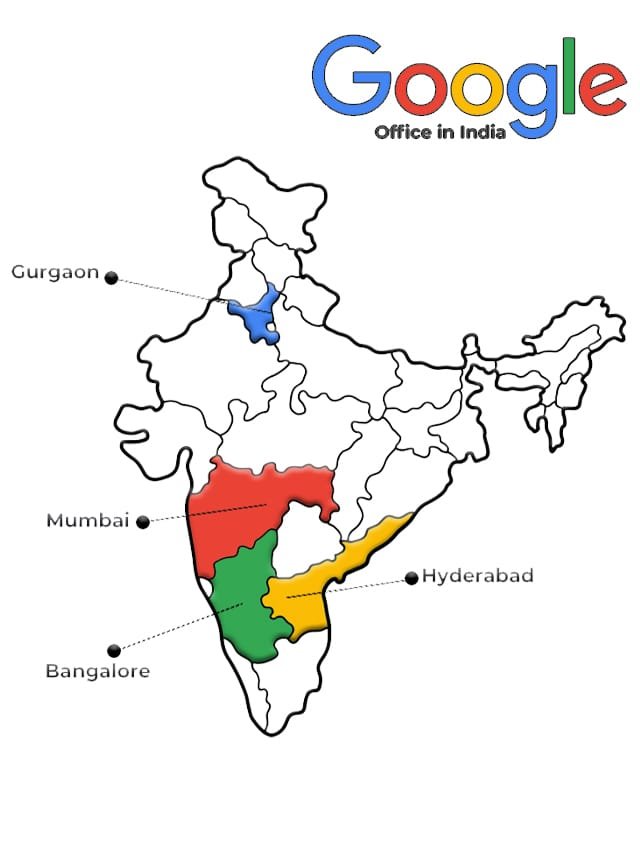Are you eager to master Java and become a proficient coder? Whether you’re just starting or looking to sharpen your skills, mastering Java is a critical step for any aspiring programmer. Java remains one of the most popular programming languages due to its versatility, robustness, and extensive community support. But how can you ensure that you’re learning and coding effectively in Java?
In this comprehensive guide, we’ll walk you through ten essential tips that will not only make your Java coding journey smoother but also help you stand out as a proficient coder. From understanding core concepts to leveraging advanced features, this guide is designed to elevate your Java skills. Let’s dive in!
1. Understand the Basics Thoroughly
Before diving into complex Java features, ensure you have a solid understanding of the basics. Grasping fundamental concepts such as data types, variables, operators, control structures (if-else, switch, loops), and basic syntax is crucial.
Key Points:
- Data Types: Understand primitive data types (int, char, float, etc.) and non-primitive data types (Arrays, Classes).
- Control Structures: Practice with loops (for, while, do-while) and conditional statements (if-else, switch).
2. Master Object-Oriented Programming (OOP) Concepts
Java is an object-oriented programming language. Mastering OOP concepts is essential to write efficient and scalable Java code.
Key OOP Concepts:
- Classes and Objects: Understand how to create classes and instantiate objects.
- Inheritance: Learn how subclasses inherit attributes and methods from superclasses.
- Polymorphism: Practice method overloading and overriding.
- Encapsulation: Keep data safe from outside interference by using access modifiers.
- Abstraction: Use abstract classes and interfaces to create a blueprint for other classes.
3. Practice with Coding Exercises and Projects
The best way to learn Java is through practice. Engage in coding exercises and build small projects to apply what you’ve learned.
Suggestions:
- Coding Challenges: Participate in online coding platforms like LeetCode, HackerRank, and Codewars.
- Projects: Build small applications like a to-do list, a calculator, or a simple game to strengthen your coding skills.
4. Learn and Use Java Libraries and Frameworks
Java has a rich ecosystem of libraries and frameworks that can simplify your coding process. Familiarize yourself with popular libraries and frameworks to enhance your productivity.
Popular Libraries/Frameworks:
- Java Standard Library: Collections, IO/NIO, Concurrency, etc.
- Spring Framework: For building robust and scalable web applications.
- JUnit: For writing and running unit tests.
- Apache Maven/Gradle: For project management and build automation.
5. Write Clean and Readable Code
Writing clean and readable code is essential for maintenance and collaboration. Follow coding conventions and best practices.
Tips for Clean Code:
- Naming Conventions: Use meaningful variable and method names.
- Comments: Write comments to explain complex logic.
- Code Structure: Keep your code well-organized with proper indentation and spacing.
- Refactoring: Regularly refactor your code to improve readability and performance.
6. Understand Java Memory Management
Java handles memory management through its garbage collection mechanism. Understanding how memory is allocated and managed is crucial for writing efficient Java applications.
Key Concepts:
- Heap and Stack: Learn the difference between heap and stack memory.
- Garbage Collection: Understand how Java’s garbage collector works and how to optimize it.
- Memory Leaks: Identify and fix memory leaks in your code.
7. Stay Updated with the Latest Java Versions
Java is constantly evolving with new features and improvements. Stay updated with the latest Java versions and incorporate new features into your coding practices.
Latest Features to Explore:
- New APIs: Explore new APIs introduced in the latest Java versions.
- Language Enhancements: Utilize new syntax and language enhancements.
- Performance Improvements: Take advantage of performance improvements in the latest releases.
8. Use Integrated Development Environments (IDEs) Effectively
IDEs can significantly boost your productivity. Choose an IDE that suits your needs and learn to use its features effectively.
Popular Java IDEs:
- IntelliJ IDEA: Known for its advanced features and user-friendly interface.
- Eclipse: A versatile and widely-used IDE.
- NetBeans: Great for beginners and offers excellent support for Java development.
9. Test Your Code Regularly
Testing is an integral part of the development process. Regularly test your code to ensure it works as expected and to catch bugs early.
Testing Tips:
- Unit Testing: Write unit tests for your methods using JUnit.
- Integration Testing: Test how different parts of your application work together.
- Test-Driven Development (TDD): Adopt TDD practices to write tests before implementing functionality.
10. Join the Java Community and Contribute
Joining the Java community can provide you with valuable insights, support, and opportunities to collaborate with other Java developers.
Community Engagement:
- Forums: Participate in Java forums like Stack Overflow and Reddit.
- Meetups and Conferences: Attend Java meetups and conferences to network and learn from experts.
- Open Source Contributions: Contribute to open-source Java projects to gain experience and recognition.
READ MORE : 10 Python Learning Tips for Beginners
RAED MORE : 10 Web Development Tricks to Boost Your Skills
Frequently Asked Questions (FAQs)
Q1: What is the best way to start learning Java? A1: Start with understanding the basics through tutorials and coding exercises. Then, practice building small projects to apply your knowledge.
Q2: How important is mastering OOP concepts in Java? A2: Mastering OOP concepts is crucial as Java is an object-oriented language. It helps in writing scalable and maintainable code.
Q3: Which IDE is best for Java development? A3: Popular IDEs include IntelliJ IDEA, Eclipse, and NetBeans. Choose one that best fits your needs and learn to use its features effectively.
Q4: How can I keep my Java skills updated? A4: Stay updated with the latest Java versions, participate in the Java community, and continuously practice coding and learning new features.
Q5: What are some common mistakes to avoid in Java programming? A5: Common mistakes include not handling exceptions properly, ignoring memory management, and writing inefficient code. Practice writing clean, efficient, and well-tested code.
Closing Note
Thank you for reading our comprehensive guide on essential Java coding tips. We hope you found this article informative and helpful in your Java learning journey. To stay updated with the latest tips, courses, and job opportunities, join CourseBhai through our social media channels, push notifications, and newsletters. Happy coding












